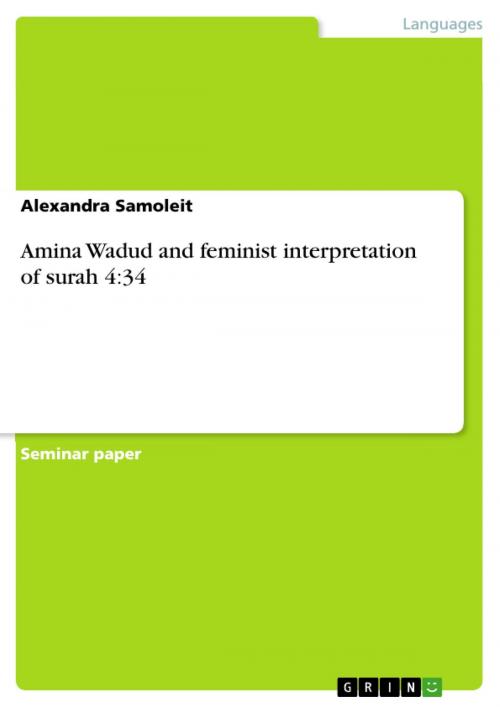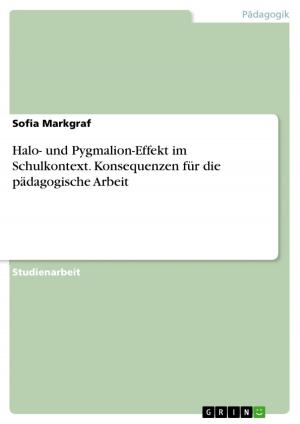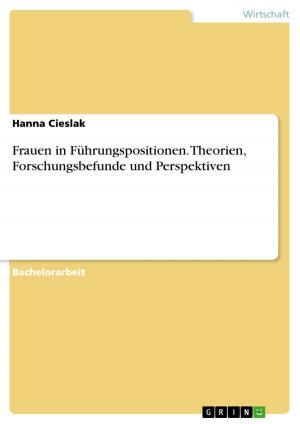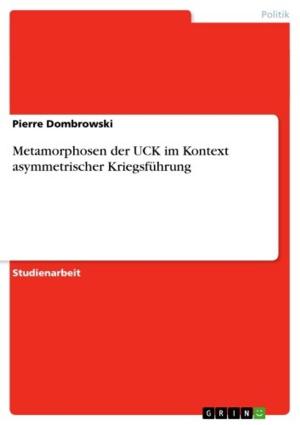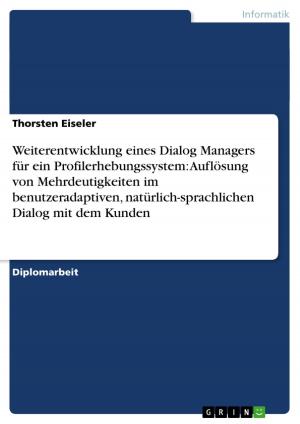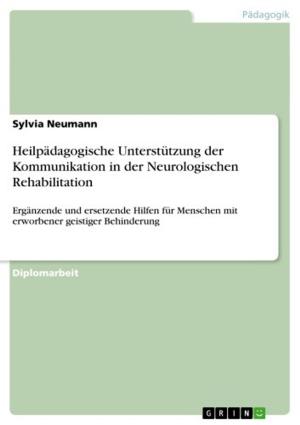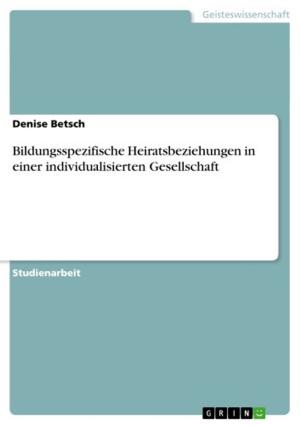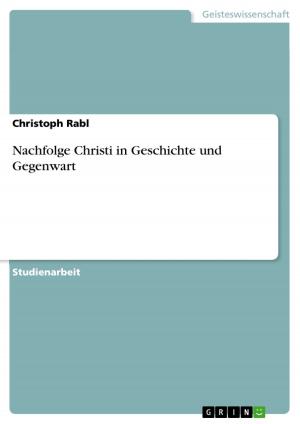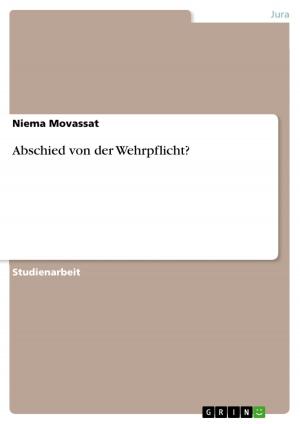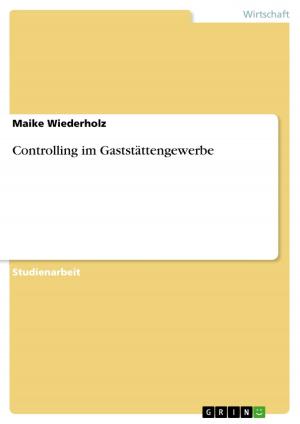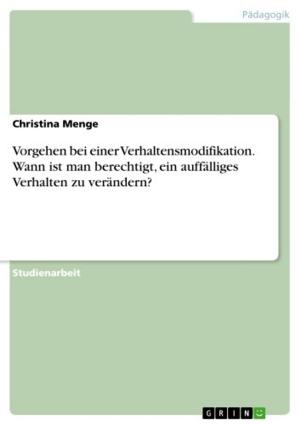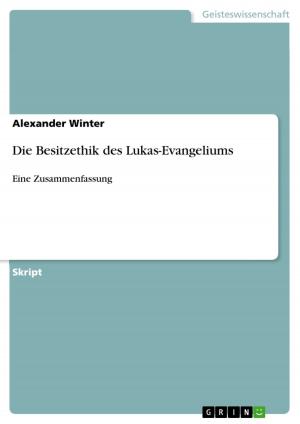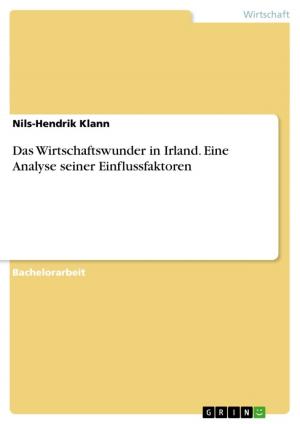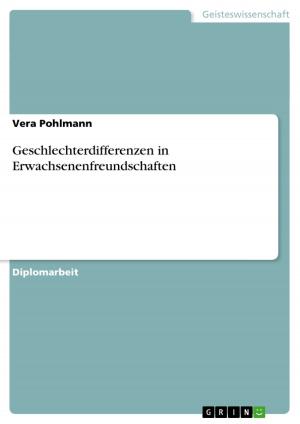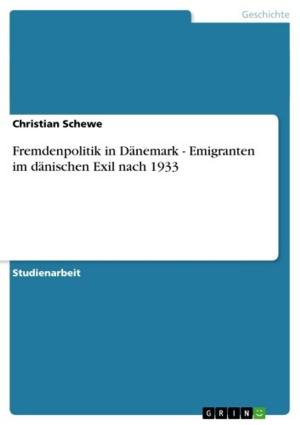Amina Wadud and feminist interpretation of surah 4:34
Nonfiction, Religion & Spirituality, Middle East Religions, Islam| Author: | Alexandra Samoleit | ISBN: | 9783638002240 |
| Publisher: | GRIN Verlag | Publication: | February 13, 2008 |
| Imprint: | GRIN Verlag | Language: | English |
| Author: | Alexandra Samoleit |
| ISBN: | 9783638002240 |
| Publisher: | GRIN Verlag |
| Publication: | February 13, 2008 |
| Imprint: | GRIN Verlag |
| Language: | English |
Seminar paper from the year 2007 in the subject Orientalism / Sinology - Islamic Studies, grade: 1,0, University of Erfurt, 16 entries in the bibliography, language: English, abstract: The paper introduces the North-American Muslim scholar and feminist Amina Wadud. Her work is focused on finding ways to produce a gender-conscious tafsir of the Qur'an based on hermeneutic methodology. She wants to show how the egalitarian quranic principles concerning women have been distorted through the history of exegesis. Those principles have to be re-examined to achieve an understanding of the revelation that is appropriate for modern times. Her perspective is related to general Islamic feminist discourse and its opinion concerning quranic exegesis. The methodological approach used by Wadud concentrates on four points: the reader as subject, the Arabic language as barrier to interpretation, historical contextualization and gender as interpretive category. Her own exegesis arrives at a egalitarian interpretation of the Qur'an that contradicts tafsir tradition and caused heated discussions in the global Muslim community in recent years.
Seminar paper from the year 2007 in the subject Orientalism / Sinology - Islamic Studies, grade: 1,0, University of Erfurt, 16 entries in the bibliography, language: English, abstract: The paper introduces the North-American Muslim scholar and feminist Amina Wadud. Her work is focused on finding ways to produce a gender-conscious tafsir of the Qur'an based on hermeneutic methodology. She wants to show how the egalitarian quranic principles concerning women have been distorted through the history of exegesis. Those principles have to be re-examined to achieve an understanding of the revelation that is appropriate for modern times. Her perspective is related to general Islamic feminist discourse and its opinion concerning quranic exegesis. The methodological approach used by Wadud concentrates on four points: the reader as subject, the Arabic language as barrier to interpretation, historical contextualization and gender as interpretive category. Her own exegesis arrives at a egalitarian interpretation of the Qur'an that contradicts tafsir tradition and caused heated discussions in the global Muslim community in recent years.
